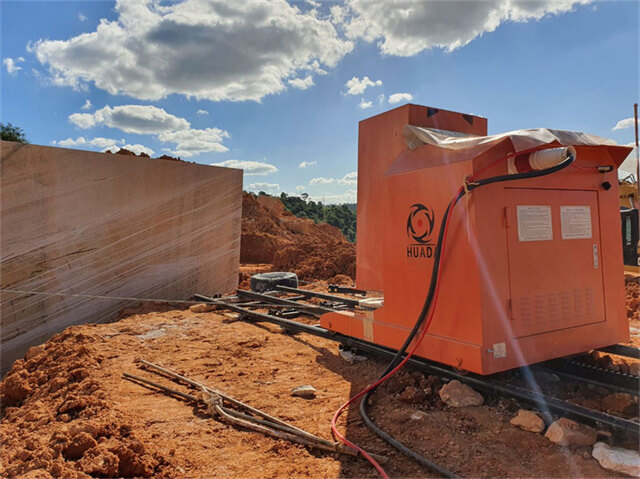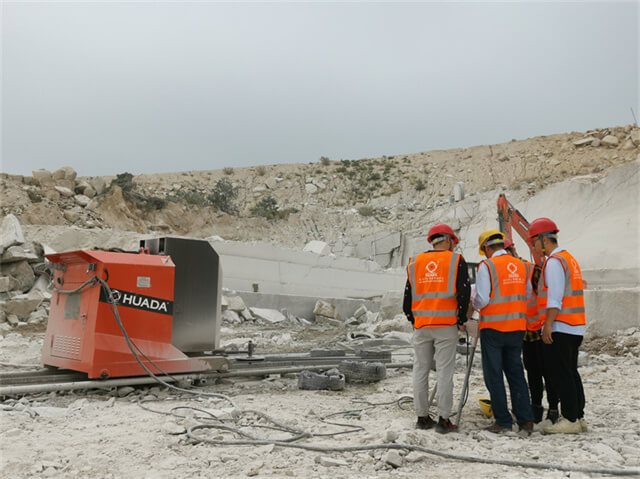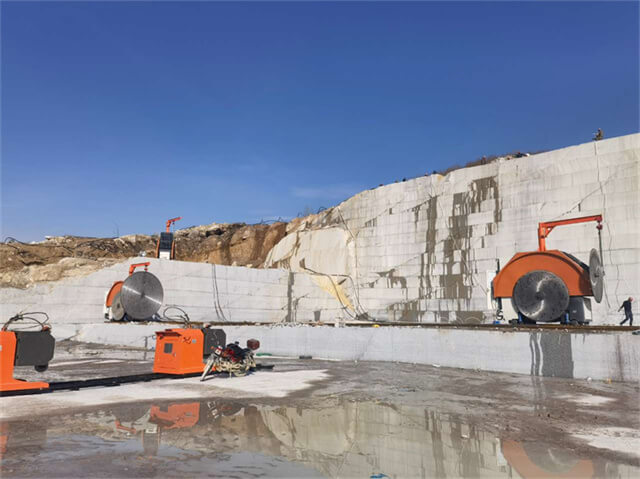Author:Huada Quarrying Machine FROM:Stone quarry machine manufacturer TIME:2023-06-28
Limestone mining refers to the extraction of limestone from the earth's crust for various purposes. Limestone is a sedimentary rock composed primarily of calcium carbonate, and it is widely used in construction, agriculture, and industry. In this article, we will explore the process of limestone mining, its environmental impact, and its significance in various sectors.

Limestone mining involves several steps that begin with the exploration of potential limestone deposits. Geologists study the geographical features of an area to identify potential sites. Once a suitable location is found, drilling and blasting techniques are used to extract the limestone from the earth. The extracted limestone is then crushed and processed into different sizes for further use.

Limestone mining can have significant environmental impacts, particularly on land, water, and air. The extraction process can result in the destruction of natural habitats and the loss of biodiversity. It can also lead to soil erosion and changes in the landscape. Additionally, mining activities may contaminate water sources with sedimentation and chemical pollutants. Proper environmental management practices, such as reclamation and rehabilitation of mined areas and water treatment measures, are essential to mitigate these impacts.

Limestone mining plays a crucial role in various sectors. In the construction industry, it is used as a key component in the production of cement, concrete, and asphalt. Limestone aggregates are commonly used in road construction, building foundations, and landscaping. In agriculture, limestone is used to neutralize acidic soils and enhance crop productivity. It provides essential nutrients, such as calcium, to plants. Additionally, limestone is used in various industrial processes, including the production of steel, glass, and paper.
In conclusion, limestone mining is a vital process that supports various industries and contributes to economic development. However, it is crucial to manage its environmental impact effectively. Sustainable mining practices, such as reclamation and responsible water management, should be adopted to minimize the ecological consequences. By balancing the economic benefits with environmental considerations, limestone mining can continue to play a significant role in meeting the global demand for construction materials and agricultural needs.